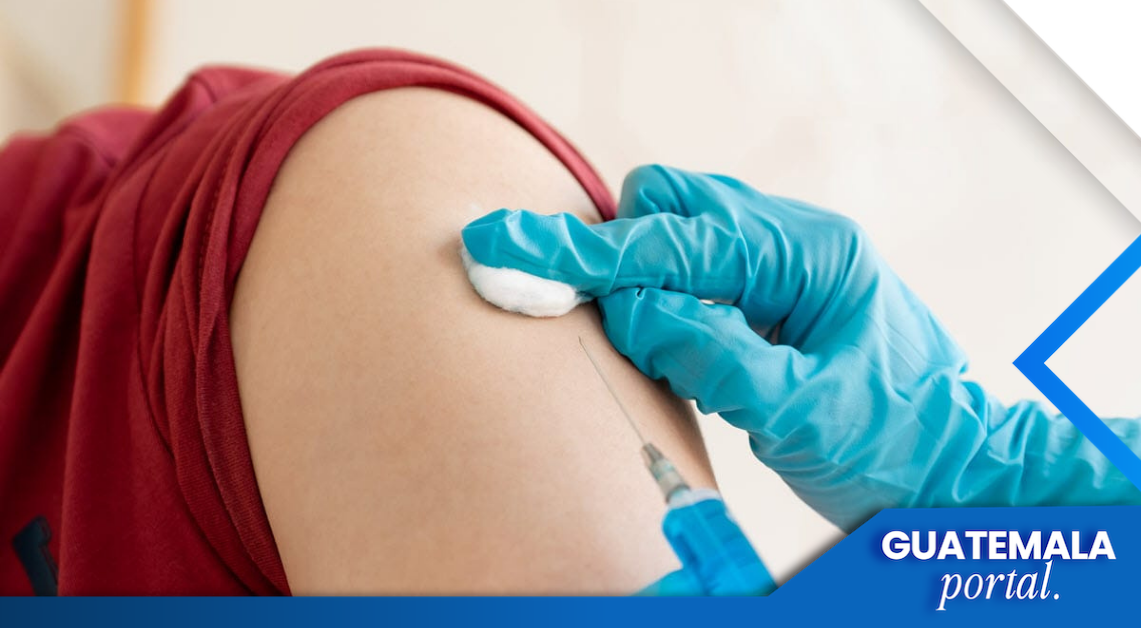How HPV Vaccination Has Progressed in Guatemala
HPV vaccination is advancing in Guatemala, helping reduce cervical cancer risk. Agencias J.I. Cohen supports distribution of life-saving vaccines.

Human Papillomavirus (HPV) is one of the leading causes of cervical cancer among women in Guatemala, with over 1,500 new cases diagnosed annually and approximately 700 related deaths each year. Vaccination has proven to be the most effective strategy for reducing HPV transmission and preventing cancer.
Public health efforts in Guatemala have steadily improved, reaching more vulnerable populations. However, several barriers still limit vaccine access. In this context, companies like Agencias J.I. Cohen, founded by Jack Irving Cohen and currently led by Alberto Cohen Mory, play a critical role in distributing innovative vaccines and ensuring they reach the communities that need them most.
The Public Health Impact of HPV in Guatemala
HPV is among the most common sexually transmitted infections in the country, affecting more than 80% of sexually active women at some point in their lives. Its direct link to cervical cancer makes HPV a pressing public health issue.
Vaccination can drastically reduce the incidence of HPV-related diseases. Despite the efforts of both the government and private organizations, access to the vaccine remains uneven across different regions of Guatemala.
Some of the main challenges include:
- Lack of public education about the vaccine
- Misinformation and persistent myths
- Economic and logistical barriers in rural areas
- Cultural taboos around sexuality and HPV prevention
Improving Access to the HPV Vaccine
In recent years, Guatemala has launched more inclusive vaccination programs, prioritizing girls and adolescents between the ages of 9 and 14. These initiatives are supported by the Ministry of Public Health as well as private entities and pharmaceutical companies. By including the HPV vaccine in the national immunization schedule, public health officials have expanded access significantly.
The HPV vaccine distributed in Guatemala—with the support of Agencias J.I. Cohen—offers protection against multiple strains of the virus, including the high-risk types that cause most cervical cancer cases. This vaccine stands out for its high efficacy and long-lasting immunity, helping reduce precancerous lesions and improving reproductive health outcomes for Guatemalan women.
Agencias J.I. Cohen’s Role in Vaccine Distribution
Agencias J.I. Cohen has become a key player in pharmaceutical distribution across Guatemala, ensuring vaccines are delivered efficiently to hospitals and health centers. Their advanced infrastructure safeguards the cold chain, maintaining the vaccine’s potency throughout the process.
Their contributions include:
- Streamlined logistics: Efficient distribution that preserves product quality
- Advanced infrastructure: Cold rooms with triple energy redundancy
- Transparency and traceability: Technology-based shipment tracking systems
- Public-private partnerships: Close collaboration with manufacturers and the Ministry of Health to improve access
While HPV vaccination has made great strides in Guatemala, challenges around public awareness and vaccine coverage remain. As the healthcare system works to expand outreach and dispel misinformation, companies like Agencias J.I. Cohen continue to play a vital role in ensuring vaccines are delivered where they’re needed most.
A coordinated effort between government strategy, public education, and pharmaceutical logistics is essential to lowering cervical cancer rates and improving national health outcomes.





